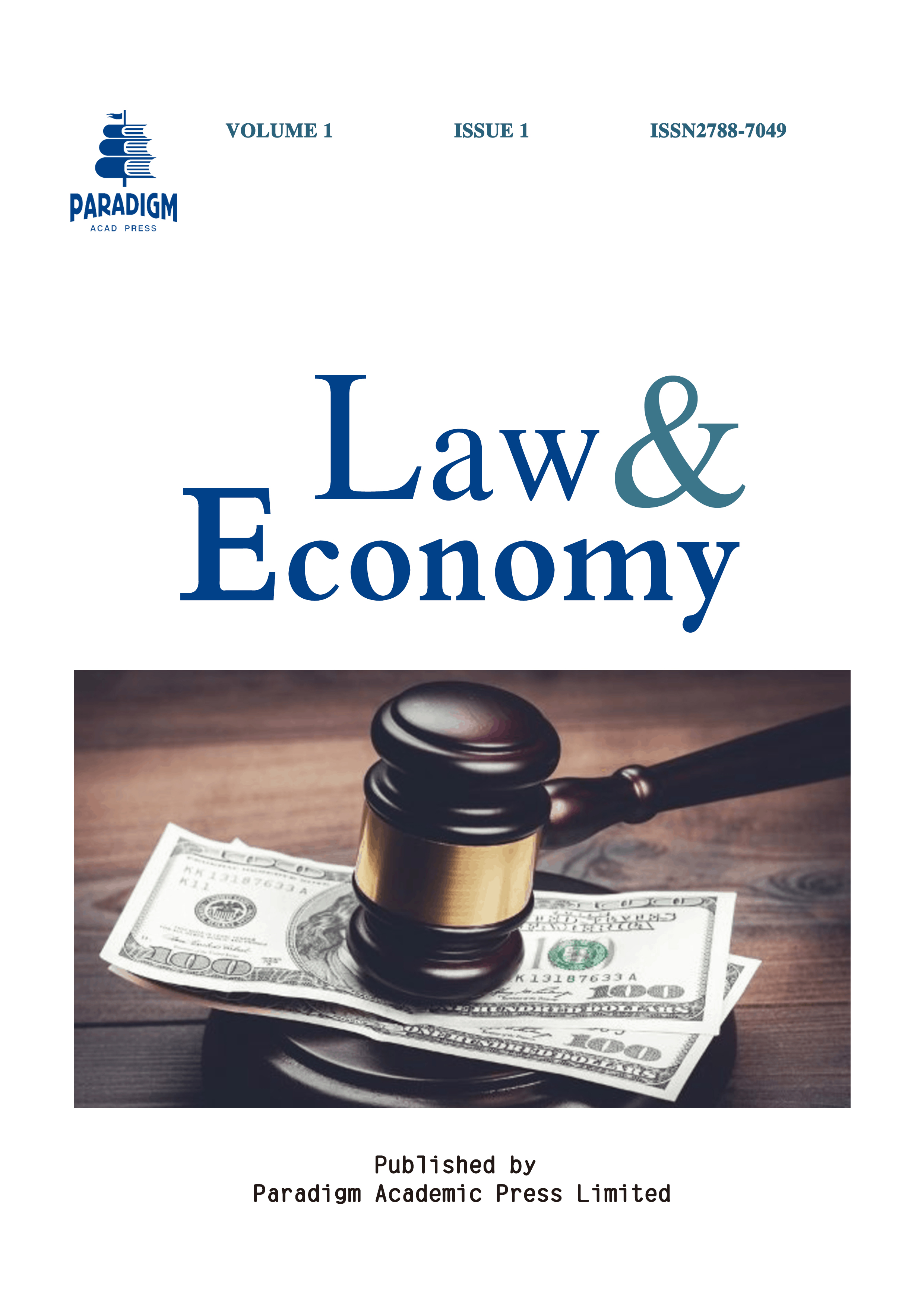Real Estate and Money Laundering in Cameroon: A Legal Appraisal
Keywords:
real estate, money laundering, legal and appraisalAbstract
The regulation of the real estate sector to combat money laundering in Cameroon is critical due to its susceptibility to illicit financial activities. Real estate refers to property consisting of land, buildings, and natural resources attached to or within the land. It includes both the physical structures such as residential homes, commercial buildings, and industrial facilities and the land on which they are situated. The real estate sector refers to the industry involved in buying, selling, leasing, and developing land, buildings, and properties. It encompasses various activities and stakeholders related to both residential and commercial real estate. This study provides a legal appraisal of the current regulatory framework governing real estate transactions in Cameroon, with a focus on its effectiveness in mitigating money laundering risks. The analysis explores the regulatory mechanisms in place, including legal provisions, regulatory bodies, and enforcement practices. The study adopts a qualitative research methodology which makes use of empirical methods such as observation. It also makes use of the doctrinal method which entails content analysis of primary and secondary data. The ensuing result reveal that the sector is vulnerable as there is the absent of regulatory framework tailored to combat money laundering this sector which poses a great threat to same. The study proposes recommendations to strengthen the regulatory framework, enhance transparency, and foster international cooperation to combat money laundering effectively in Cameroon’s real estate market. By addressing these issues, the study contributes to broader efforts aimed at promoting financial integrity, ensuring sustainable development, and protecting the national economy from illicit financial flows.


